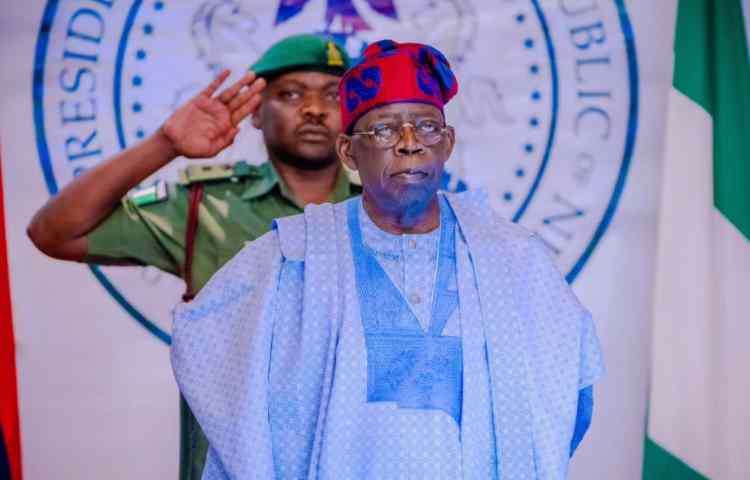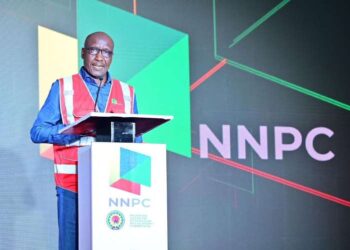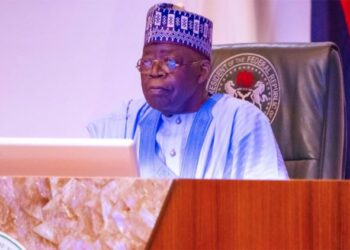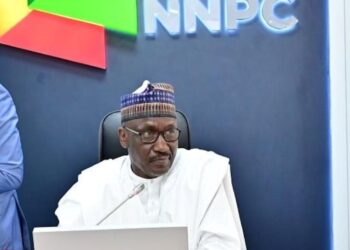For decades, the oil and gas sector has been the pillar of the Nigerian economy, particularly in the past five decades, when it replaced agriculture as the cornerstone. The sector has continued to contribute the lion’s share to the Gross Domestic Product, GDP, and accounting for the bulk of the federal government’s revenue and foreign exchange earnings.
However, over the years, Nigeria’s oil and gas sector has been plagued by neglect, lack of investments, lack of transparency, and overall ineffectiveness.
Experts in the sector attribute regulatory mismatch, bureaucratic bottlenecks instituted corrupt practices among stakeholders as well as a lack of accountability as reasons why the sector has not lived up to expectations.
Sadly, over the years, oil theft, bunkering, and pipeline vandalism affected the country’s production figures to the extent that Nigeria was unable to meet the Organization of Petroleum Exporting Countries (OPEC) quota. This has affected revenue and the government’s ability to provide basic social amenities and infrastructure like education, health care, roads, pipe borne water, etc. for Nigerians. Also, the four state-owned refineries in Port Harcourt, Warri and Kaduna, became comatose, making the country depend on importation for domestic consumption.
However, since assuming the reins of power on May 29, 2023 on the mantra of Renewed Hope Agenda, the oil and sector has received attention perhaps more than any other sector in Nigeria under President Bola Tinubu.
In the run-up to the 2023 general elections, one of the hotly debated issues was the removal of fuel subsidy. Presidential candidates vowed to remove subsidy upon assuming office. Subsequently, and in the presidential inauguration address on 29 May 2023, President Tinubu, in a daring and unexpected move, announced, “…fuel subsidy is gone.” He further stated that subsidy can no longer justify the ever-increasing cost of Petroleum Motor Spirit, (PMS), and that the funds will be rechanneled into better investment in public infrastructure, education, health care and jobs. This came as a surprise to many Nigerians because of the political risks associated with subsidy removal. This also made previous administrations reluctant to jettison the long overdue subsidies.
While reactions have remained mixed, President Tinubu must be commended taking a bold and courageous decision. A decision that industry experts, international organizations, and rating agencies like the International Monetary Fund (IMF) and World Bank said would unlock untapped potential in the Nigerian oil and gas sector.
Analysts are still of the opinion that a number of procedures should have been followed by the federal government before removing the subsidy such as transport subsidy and phased removal pointing to rising inflation as the after effect.
Another giant stride by the Tinubu-led administration in the oil and gas sector was the signing of an Executive Order to unlock up to $10bn fresh investments in the nation’s oil and gas sector.
According to the president, “The Executive Order streamlines contracting processes, procedures, and timelines from 36 months to six months. The order also seeks to ensure that local content requirements are implemented without impeding investments or the cost competitiveness of oil and gas projects”.
Industry players and investors are of the opinion that the Executive Order would reduce government’s interference with the commercial imperatives of businesses in the country so that businesses based in Nigeria can be competitive and focus on their core objectives of economic growth through innovation and trade. As a follow up to the signing of the Executive Order, the President embarked on economic diplomacy across the world to attract investments to the oil and gas sector.
All over the world, economic diplomacy is a vital tool for countries that want to promote their economic interests abroad. It involves using a variety of diplomatic tools, such as trade negotiations, investment promotion, and cultural exchange to achieve economic objectives.
In light of the above, President Tinubu traveled to India, Saudi Arabia, Qatar, Germany, and other giants in the sector to attract investments. For example, while in Germany, the President signed a Memoranda of Understanding (MoU) on gas supply to Germany. The MoU will see Nigeria supply Germany with 850,000 tonnes of gas per annum, expanding to 1.2 million tonnes per annum. This will not only generate much-needed revenue for Nigeria but also help to reduce Germany’s reliance on Russian gas.
Similarly, speaking during the ongoing ministerial briefing to mark Tinubu’s one year anniversary, Minister of State for Petroleum Resources (Oil), Heineken Lokpobiri attested to the increase in investment portfolio since Tinubu assumed office.
Contrary to reports that International Oil Companies are exiting Nigeria, he said about $16.6bn investments had been committed to Nigeria’s oil and gas sector in the past one year.
“Today, I am pleased to announce that our efforts have rekindled investor confidence in the sector. Notable examples include investments committed to the tune of $5bn and $10bn in deep water offshore assets and $1.6bn investment commitment in oil and gas asset acquisition.
“The very high global interest is noted in the ongoing bid round of assets coming online, arising from the recent roadshow activities in the United States and Europe,” he said.
Furthermore, through collaboration among security agencies and non-kinetic efforts in the Niger Delta area, Nigeria witnessed increased crude oil production since Tinubu assumed office.
According to figures from the National Bureau of Statistics, when Tinubu took office, production was at approximately 1.1 million barrels per day, including condensates.
But today, it has increased to approximately 1.7 million barrels per day (inclusive of condensate).
This increase is a testament to the relentless efforts of Tinubu’ administration to streamline operations and resolve conflict among stakeholders.
Overall, Tinubu’s signal to the global investing public in oil and gas is beginning to yield spectacular results with a flurry of foreign direct investments in billions of dollars. It indeed signals better days for the oil and gas sector.
Isaac, an analyst, writes from FCT, Abuja.










